Although it was said to have been Netflix’s most expensive original, it reportedly cost the streaming giant $200 million in losses. Don’t get me wrong; there’s no denying that Marco Polo’s gorgeous cinematography and keen detailing make it a good-looking show.
The series was shot across Kazakhstan, Italy Slovakia, Hungary, and the tropical wilderness of Malaysia. The sweeping vistas of 13th century Mongolia are breathtakingly beautiful and help transport the viewer to that time period.
However, it is a shame that Marco Polo suffers from lackluster acting and a sluggish pace, which ultimately makes it a flawed series to watch.
1. Show Info
Marco Polo
Air Date: December 12, 2014 Status: Finished Studio: Netflix Studios No. of Seasons: 2 No. of Episodes: 212. Is it worth watching?
A woman once said, “money can’t buy you, class.” Well, this has never been more true, as seen in the case of Marco Polo. Marco Polo needed to earn the approval of people as it could to make money and break even with its gigantic price tag.
Sadly, it has the same feel the worst blockbuster films have packed in so many different fan-favorite elements that it inherently has none of its own. It was almost as though it were a cruise ship buffet- offering a little bit of everything in hopes to please everyone, but in truth, none of it was good.
While watching Marco Polo, you can see where a lot of the money went. The sets and costumes on the show rival those of Game of Thrones. Spectacular sets, complex politics, and complicated monarchs aren’t the only comparisons with Game of Thrones.
Marco Polo has pay-cable-like softcore nudity and action scenes that make me reminisce about Crouching Tiger, Hidden Dragon. However, perhaps the most important detail of the series is that Marco himself isn’t the most interesting or developed character in Marco Polo.
As a result, although the range of delights in the series is vast- immaculately constructed costumes and gorgeous locations, and the scores and scores of naked women- none of it matters.
I. Plot
The series begins with Italian explorer Marco (played by Lorenzo Richelmy) being left by his merchant father as a “gift” (or a hostage) for Kublai Khan (played by Benedict Wong) in hopes of winning access to the Silk Road.
While Khan rules over a massive empire, he still has unfinished business; the holdout remnants of the Chinese Song dynasty, as well as fellow warlords, fear that conquest has softened the Mongol out of Genghis’ grandson.
Kublai Khan sees the quick-witted “Latin boy” Marco as a spy and uses him to scout out his enemies and frenemies through his missions.
Partly directed by Joachim Ronning of Maleficent: Mistress of Evil fame, the story flits between both Chinese and Mongolian factions and tries to show the contrasting points of view between them. However, due to the trailing storyline, it is difficult to follow it at times as it often veers off course to show multiple characters.
Although the series gets off to a slow start, it does eventually gain momentum before a tumultuous finale that may not make all that waiting worthwhile. However, disregarding its flaws, it is great to see an all-Asian cast (except for the Italian lead) in popular entertainment.
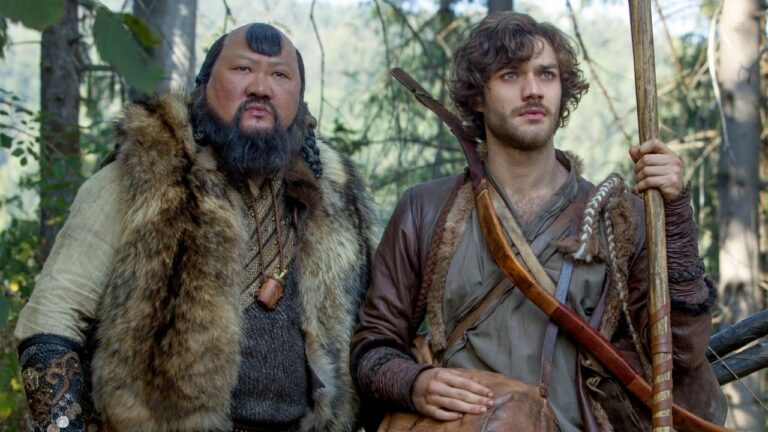
II. Music and Visuals
Marco Polo had four music composers. Italian composer Daniele Luppi, who featured in the Red Hot Chilli Peppers 2016 album The Getaway, was responsible for its wildly popular theme song. Mongolian folk-rock band Altan Urag composed its popular ending theme.
In this series, other prominent music directors include cinematic composer Peter Nashel and Armenian film score composer, Eric Hachikian. Popular Mongolian song Khukh Tobolton (Blue Mark) by Altan Urag also features in this series.
Aesthetically, Marco Polo is outstanding. The sweeping vistas of the barren landscape, the almost hypnotically engaging use of color, and the excellent compositions all come together to make Marco Polo an artistic, competently-made series.
For all the positives inherent with the direction and visual design of the show, Marco Polo’s aesthetics juxtapose with the acting, which often feels stiff and unnaturally contrived. Its well-choreographed action scenes add to the production value of the show.
Although the script oozes poetic charm, it has awkward pauses and unnatural exchanges that lack conviction or the power to pull off several particularly tense scenes.
3. Final thoughts
The aforementioned production values are among the best of all television. Netflix, along with the Weinstein company (which produced the show) made sure they broke bank on this, and it shows.
There are breath-taking shots of the actors riding over the steppes, with the set and costumes being exquisite. The complexity of female characters in such a male-dominated show is surprising.
This is particularly driven home by Joan Chen’s acting as Princess Chabi – Kublai Khan’s wife, and Zhu Zhu’s performance as Kokachin, the Blue Princess. The action sequences are generally good, with moments that involve kung fu or siege warfare.
However, the show lacks in, well, almost everything else. Marco Polo is without a doubt, dramatically inert. The characters goals rarely feel personal and are, instead, more about the collective goal of the empire. Although this is historically accurate, it sees the death of the plot in terms of a dramatic narrative.
The character of Marco Polo is extremely boring to say the least, particularly to be played by Lorenzo Richelmy. Although it is easy to see he was cast for his good looks, the plot veers unnervingly close to the old “white savior” archetype that makes the viewers not entirely comfortable with his presence on screen.
Perhaps this was why it became the first original Netflix scripted series to not be renewed for a third season.
Although the production values add aesthetic to the series, it also ends up being it’s Achilles heel; sure they’re exquisite, but after an entire season of special effects work, you’ll realise there’s no story here, just a collection of seemingly pretty incidents.
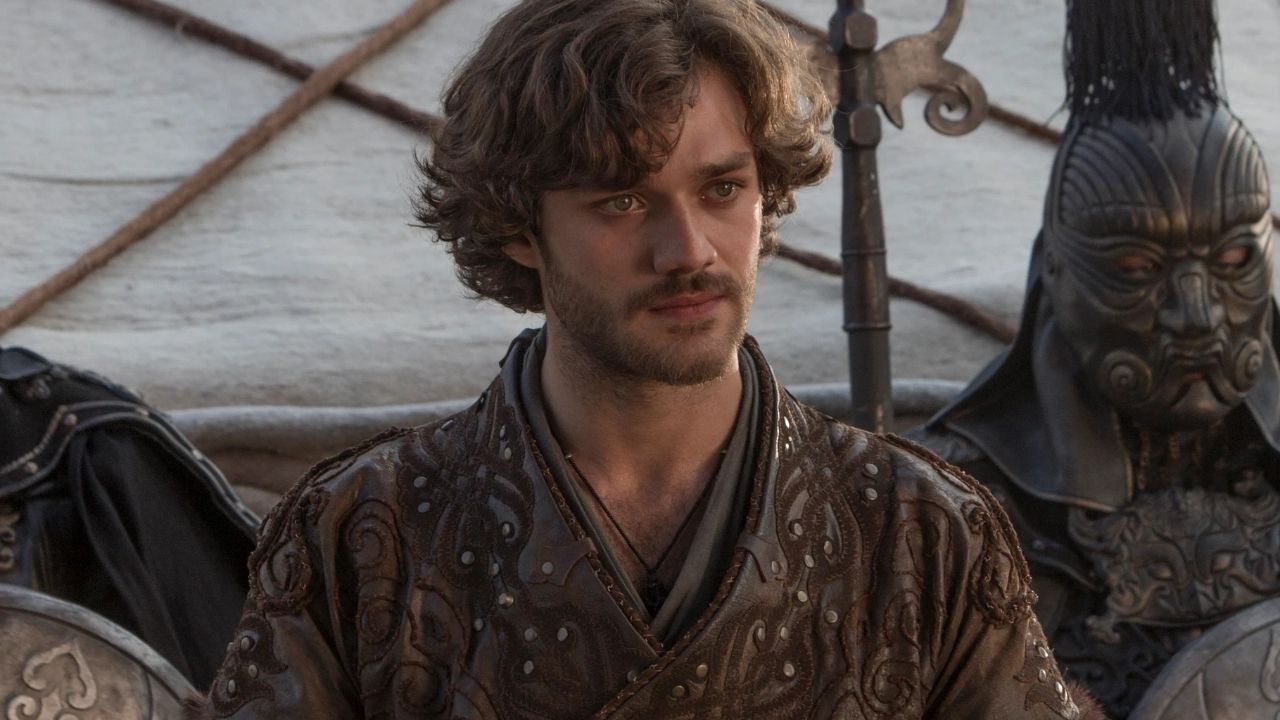
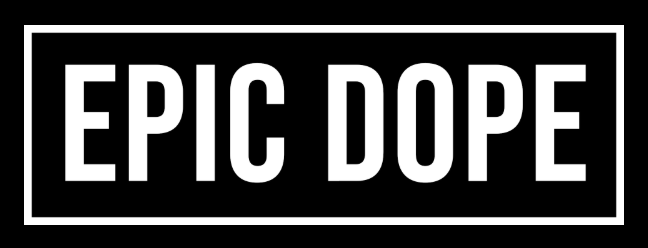
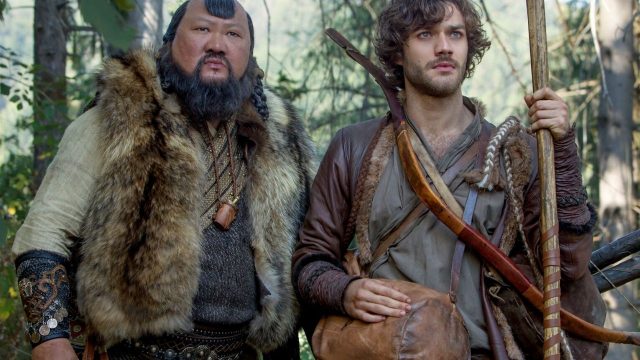
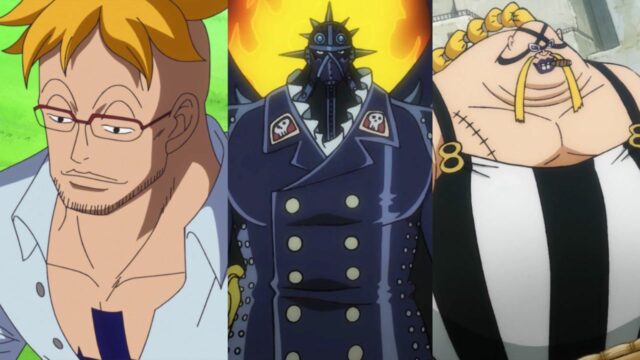
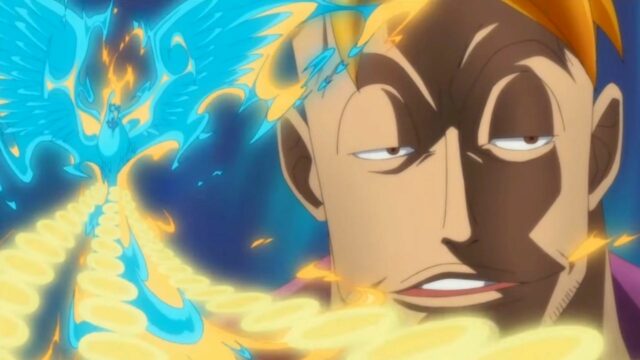

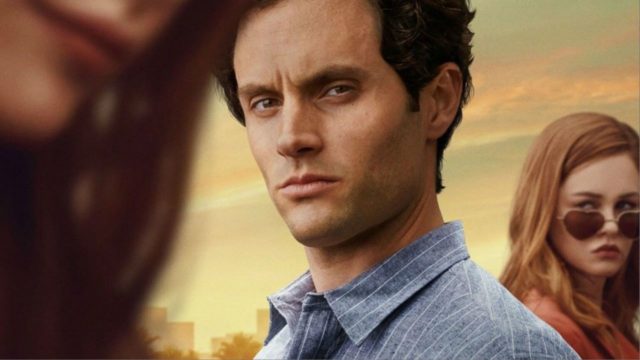
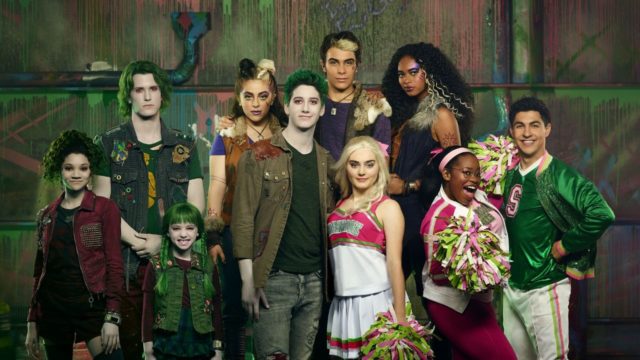

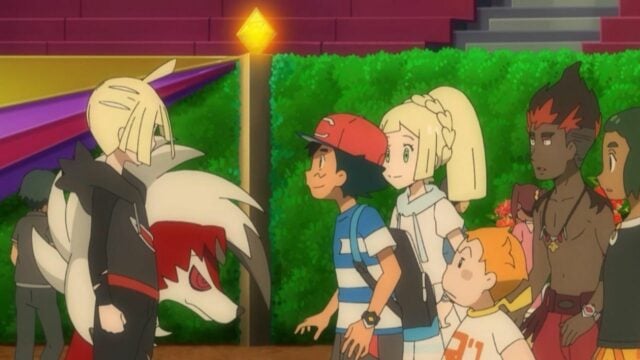
No Comments on Is Marco Polo Worth Watching? – Complete Review